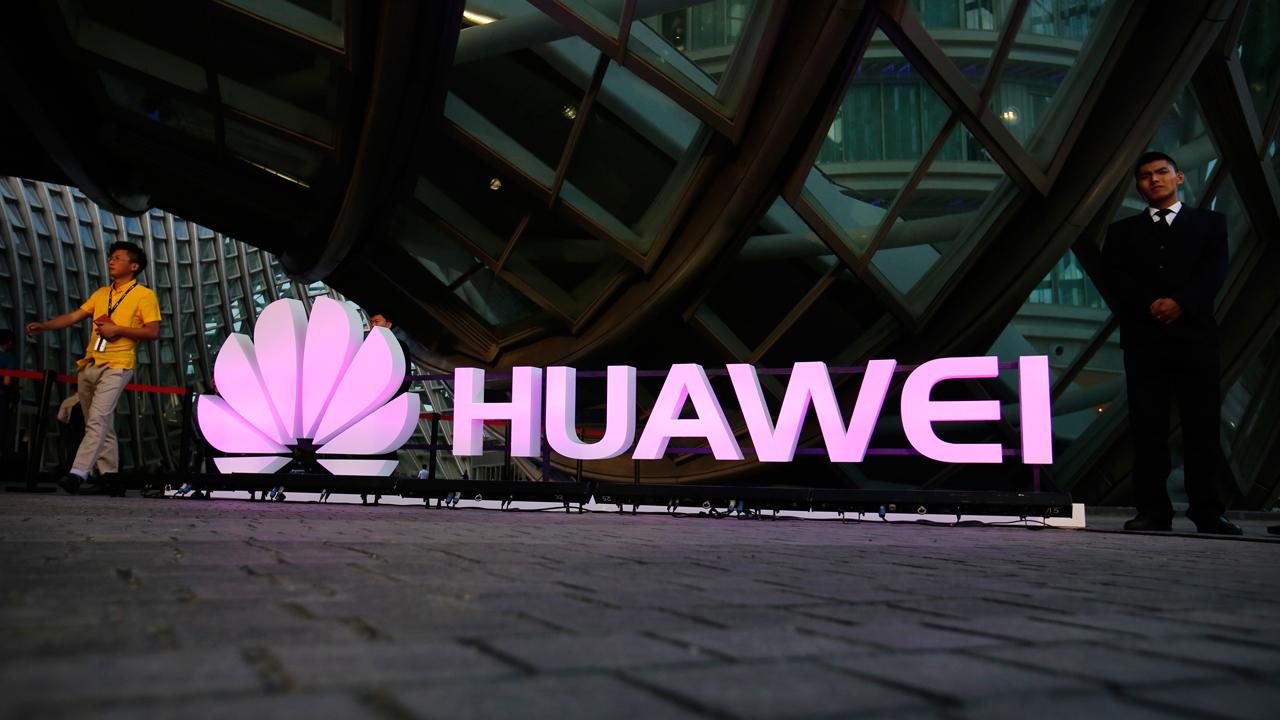Nokia president on 5G: 'Take it seriously what China is about to do’
China’s pressure on its phone manufacturers to develop and quickly deploy fifth-generation wireless technology should serve as a warning to other top countries including the U.S., according to a Nokia executive.
The Asian nation is using development of its own 5G network, which promises faster speeds with lower latency when compared to the existing 4G LTE networks, as a tool to advance the goal of overtaking America as the leading business superpower, according to Tommi Uitto, president of mobile networks at the Finland-based firm.
“The Chinese operators would not want to deploy 5G quite as fast as they are being forced to, the business case is just not there for them to do it as fast. But China’s government is imposing it,” he told reporters on Thursday at an event hosted by the New York University. “This is why it’s so important that across the United States, but also other leading countries…that we take it seriously what China is about to do.”
Alongside China, Uitto listed South Korea and Japan as the biggest U.S. competitors in the race to launch 5G networks. In the U.S., both AT&T and Verizon have rolled-out the 5G offering in select cities, and T-Mobile and Sprint are expected to initiate their networks in the coming months.
The White House has been warning U.S. allies of the threat Chinese telecom firms pose in the development of the technology. While some countries like Australia have banned China's Huawei Tech., from their 5G infrastructure, others are taking a more cautious approach. The U.K., for example, is reportedly planning to allow the company to provide ‘non-core’ assets for its network, a decision that came after a government watchdog cautioned of the potential long-term security risks.
Uitto declined to comment on threats from the Trump administration that Huawei and other firms effectively operate as conduits for Chinese espionage around the globe.
But the direct actions by countries like Australia and New Zealand, as well as the soft measures Japan is taking, against Huawei has been a boon for Nokia.
“If we play this right, we’ll be taking market share,” he told FOX Business after the panel.
Critics argue that Huawei is effectively subsidized by the Chinese government, allowing it to expand significantly without much financial risk and offer products at much cheaper costs. Uitto, for example, labeled Nokia’s 28 percent global market share and only 12 percent market ownership in China as “very interesting.”
| Ticker | Security | Last | Change | Change % |
|---|---|---|---|---|
| NOK | NOKIA OYJ | 7.06 | +0.19 | +2.77% |
Despite initial remarks to suggest President Trump was urging the federal government to get involved in the development of a national 5G network, the White House has since expressed support for private industry to lead the effort.
Trump has also taken a personal interest in the roll-out of the technology, tweeting previously that he would like to see 6G internet ‘as soon as possible,’ a comment that earned him ridicule among the media and some in industry.
The criticism, however, is misguided, says NYU professor and telecom expert Ted Rappaport.
Investments in cellular technology are "critical to the vital economy and long-term survivability of a society in the information age,” he told reporters. “When President Trump talks about ‘I want 5G and maybe even 6G,’ and the press laughs, I’m so disappointed because I know as an academic…how vital it is to have research and development and a respect for long-term leadership in intellectual property.”
CLICK HERE TO GET THE FOX BUSINESS APP
Rappaport also praised the decision by the federal government to block the $117 billion acquisition of chip maker Qualcomm Inc. by Singapore-based Broadcom.




















